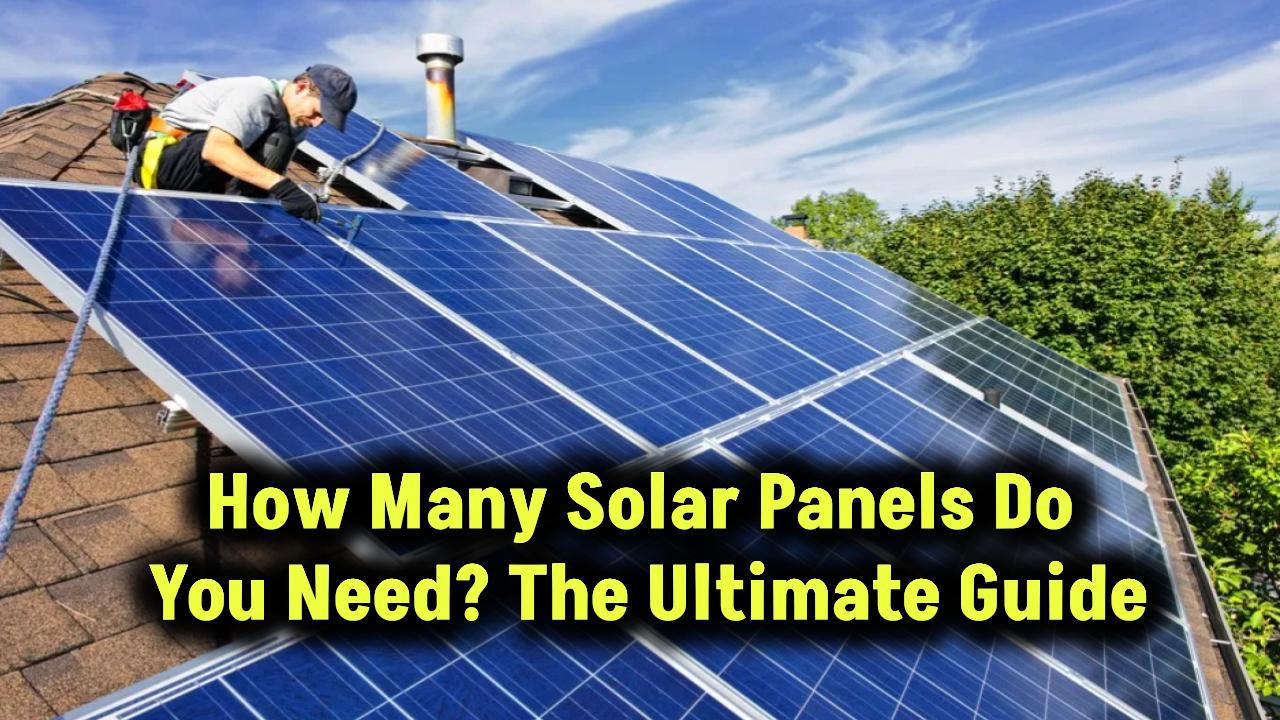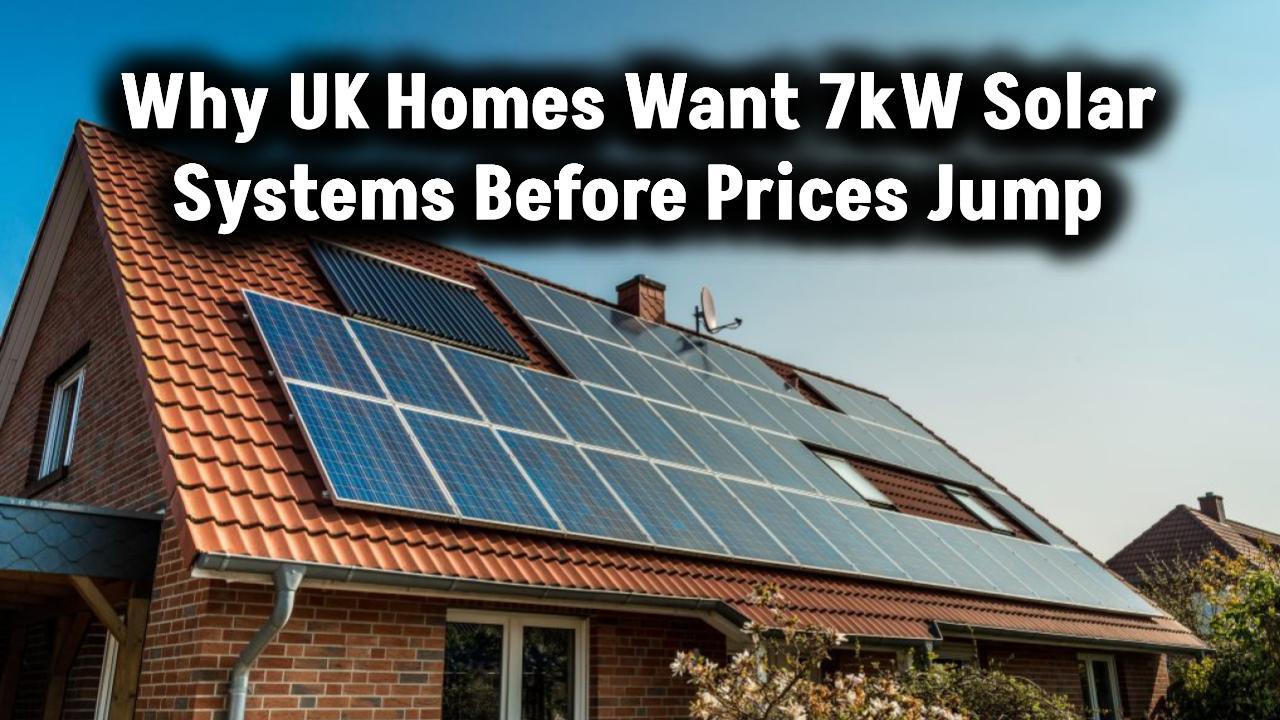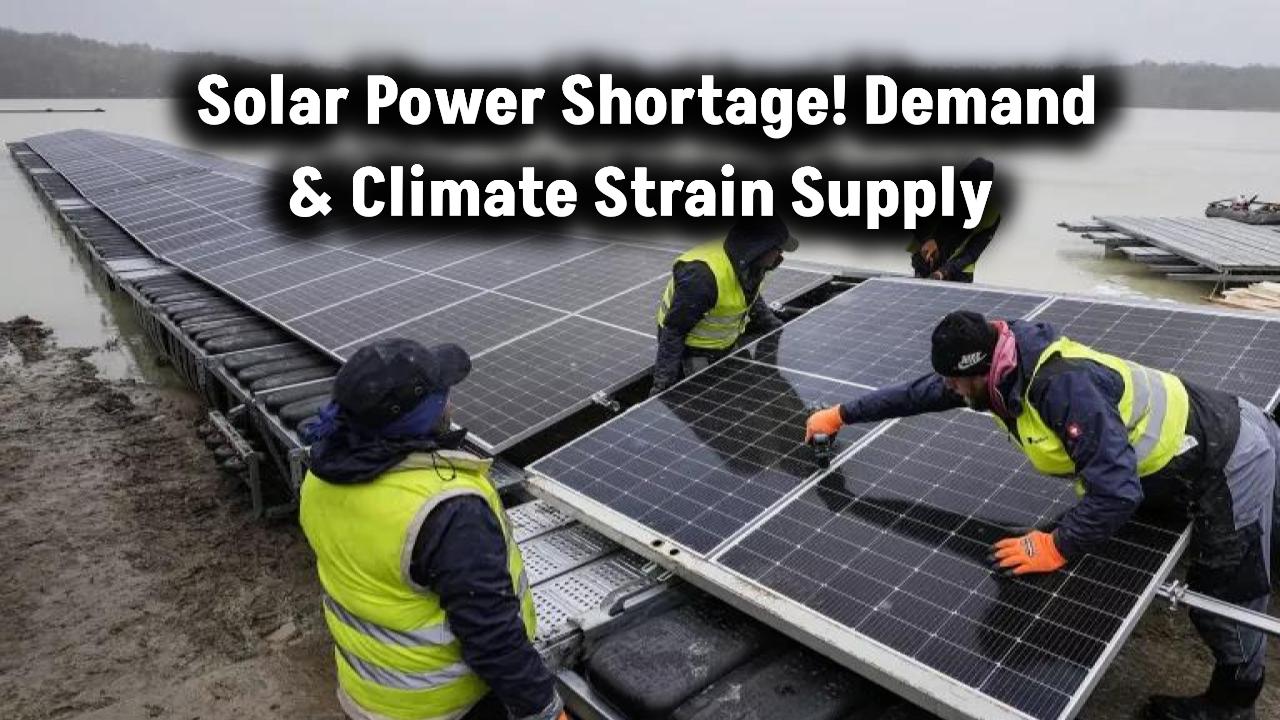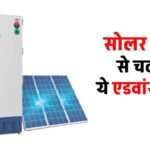
Are you asking yourself, “How many solar panels do I need?” If so, you’re not alone. As solar energy becomes more affordable and popular, homeowners and businesses alike are making the switch. But the first step in planning your solar journey is understanding your needs. This ultimate guide on how many solar panels you need will explain everything in simple terms, while also providing insights valuable to industry professionals.
Also Check: Scientists Created This Tiny Solar Molecule—It Might Replace Your Power Company
Solar panels are not a one-size-fits-all solution. The number of panels you need depends on your energy consumption, location, roof size, and solar panel efficiency. Whether you’re looking to slash electricity bills, reduce your carbon footprint, or invest in sustainable energy, this guide has you covered.
Why Solar Panels? A Quick Overview
Switching to solar power can bring significant financial and environmental benefits. According to the U.S. Energy Information Administration (EIA), the average American home uses about 10,632 kilowatt-hours (kWh) annually. With rising electricity rates and growing awareness of climate change, many are turning to solar as a smart long-term solution.
Not only can you lower or eliminate your electric bill, but you may also qualify for federal tax credits, state incentives, and net metering policies that allow you to sell excess energy back to the grid.
Step-by-Step Guide to Determining How Many Solar Panels You Need
1. Know Your Energy Usage
Start by gathering your electricity bills for the past 12 months. Look for the total kilowatt-hour (kWh) usage. If your average monthly usage is around 900 kWh, your annual consumption is approximately 10,800 kWh.
Pro Tip: If you’re planning to add an EV, hot tub, or home office, factor in the additional electricity those devices will use.
2. Understand Solar Panel Output
Solar panel efficiency determines how much sunlight a panel can convert into electricity. Panels today typically range between 250W and 450W. The higher the wattage, the fewer panels you’ll need.
- A 250W panel produces ~1 kWh per day under ideal conditions.
- A 400W panel can produce ~1.6 kWh per day.
Example: If your home needs 10,800 kWh per year and you choose 400W panels, you’ll need:
3. Consider Your Location
Sunlight availability, or solar irradiance, varies by location. Arizona gets more sunlight than Maine, for instance. Use your region’s production ratio (usually between 1.3 and 1.8) to adjust your panel estimates.
Formula: \[ \text{Panels Needed} = \frac{\text{Annual kWh}}{\text{Production Ratio} \times \text{Panel Wattage}} \]
4. Check Roof Space and Orientation
You’ll need about 18-25 square feet per panel, depending on wattage. South-facing roofs with minimal shading are ideal. If space is limited, opt for higher-efficiency panels.
5. Use Online Tools
To get a personalized estimate, try tools like:
These tools consider your location, roof type, and energy usage.
Also Check: This Town Cut Power Bills by 70%—See the Genius Solar Trick Behind It!
Solar Panel Cost Breakdown (2024)
| Component | Estimated Cost |
|---|---|
| Panels (20 panels @ 400W) | ~$8,000 |
| Inverter | ~$1,000 |
| Mounting & Wiring | ~$2,000 |
| Labor & Installation | ~$4,000 |
| Total | ~$15,000 before credits |
Federal Tax Credit: 30% off total system cost (2024)
Solar Battery Storage: Should You Consider It?
In some cases, you might want to add solar battery storage to your system. Solar batteries store excess energy generated during sunny hours for use at night or during cloudy periods. This is especially important for homeowners who want to go off-grid or avoid power outages.
Though batteries can increase the overall cost of your solar setup, they provide long-term value by giving you energy independence. Depending on your needs, a battery system could save you from paying high utility bills during peak hours.
Case Studies: Real-Life Examples
Case Study 1: The Smith Family in California
The Smith family decided to install solar panels on their home to save on electricity bills and reduce their environmental footprint. They use 10,000 kWh/year and opted for 300W panels. With 18 panels installed, they now generate enough energy to cover their electricity needs, saving about $1,200 annually on utility bills.
Case Study 2: Tech Startup in Texas
A growing tech startup in Texas with an office consuming 15,000 kWh/year decided to install a solar system. They used 400W panels and installed 25 panels. Over the next 10 years, the company saved over $30,000 on electricity costs.
(FAQs)
How many solar panels does an average home need?
Most homes require 15 to 25 panels depending on usage, panel efficiency, and geographic location.
Can solar panels work during cloudy days?
Yes, though at reduced output. Panels still generate energy in diffused sunlight.
Do I need batteries?
Not necessarily. If you’re on the grid, net metering can offset your usage. Batteries are useful for backup power or off-grid systems.
How long do solar panels last?
Modern panels last 25–30 years with minimal degradation.
Also Check: ever wondered how solar panels are made? discover the fascinating journey from silicon to power








